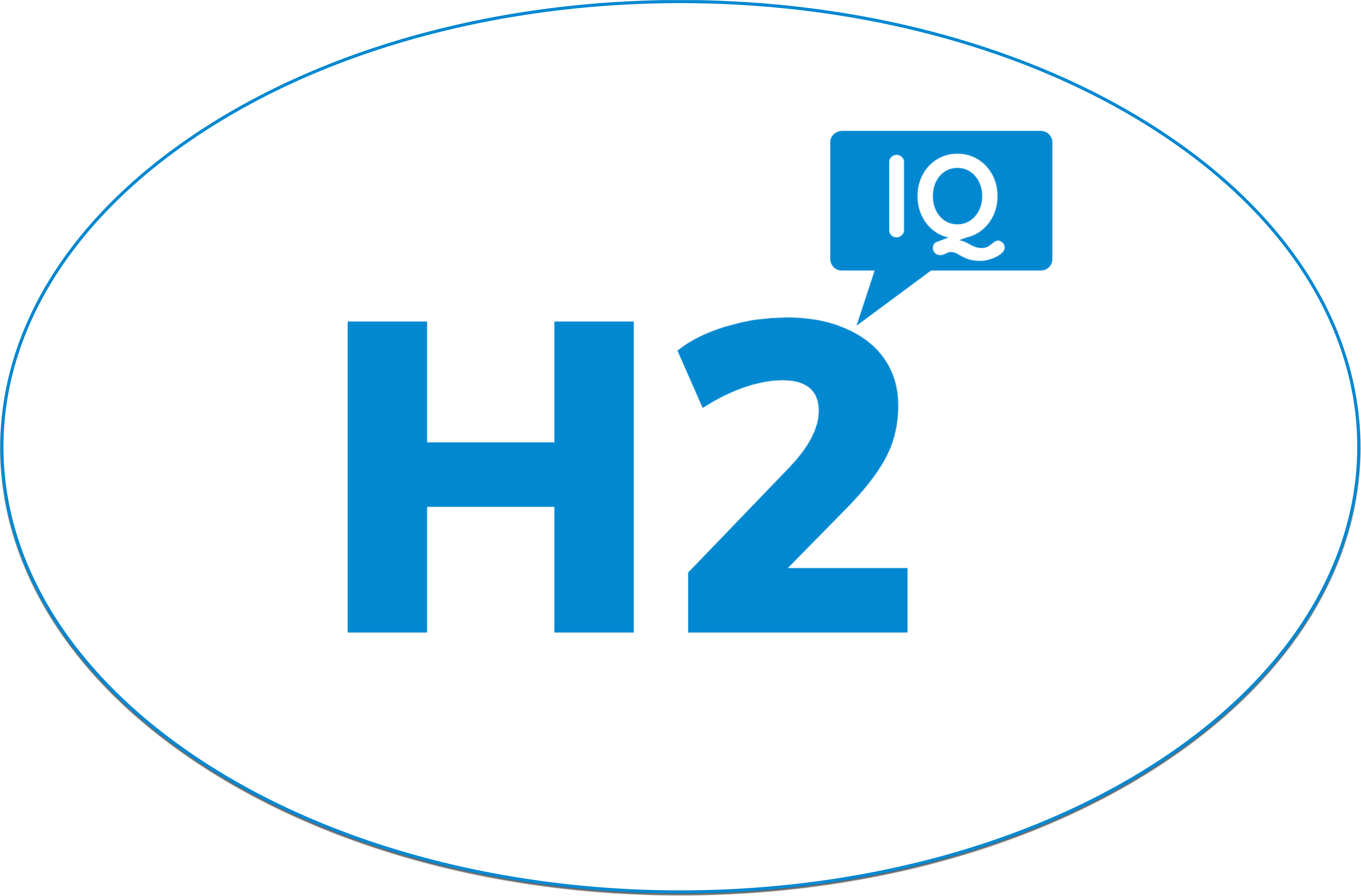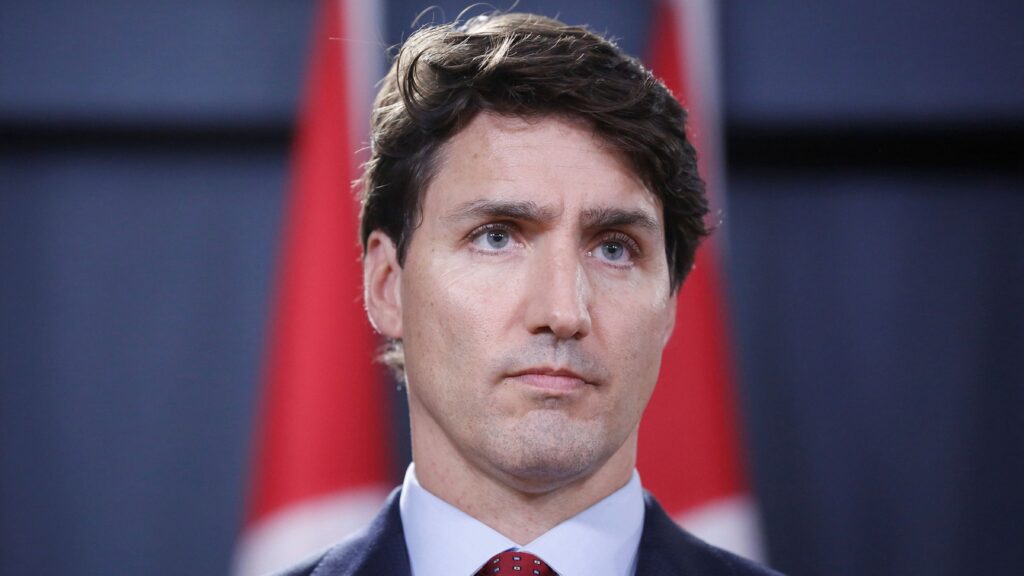Canadian and German government officials have signed a pact to initiate efforts toward exporting clean hydrogen across the Atlantic.
In August, Canadian Prime Minister Justin Trudeau and Germany’s Chancellor Olaf Scholz signed a Joint Declaration of Intent, committing the two countries to establish a Canada-Germany Hydrogen Alliance and create a supply chain for hydrogen.
Joining Trudeau and Scholz at the signing were The Honourable Jonathan Wilkinson, Canada’s Minister of Natural Resources; Robert Habeck, Vice-Chancellor of Germany; Newfoundland and Labrador’s Premier Andrew Furey; and German Ambassador Sabine Sparwasser.
“Unlocking the potential of hydrogen is an essential part of our government’s plan for a sustainable economic future — not just for the domestic opportunities for emissions reductions but also for its potential as an export opportunity: to provide clean energy to countries around the globe,” said Wilkinson.
Under the Alliance, Canada and Germany aim to:
- Enable investment in hydrogen projects through policy harmonization
- Support the development of secure hydrogen supply chains
- Establish a transatlantic Canada–Germany supply corridor before 2030
- Export clean Canadian hydrogen by 2025
The Alliance is meant to build on the Hydrogen Strategy for Canada, a framework to guide actions for the country to meet its climate change goals of becoming net-zero by 2050 and becoming a world-leading supplier of clean hydrogen and its associated technologies.
The pact also stems from Russia’s continuing weaponization of energy in its war with Ukraine. Russia has threatened to reduce gas flow to Europe, raising concerns about power shortages across the European Union. Amidst these concerns, Scholz began efforts to secure alternative energy sources, looking to countries like Canada to increase energy exports.
Concerns with the hydrogen alliance
Hydrogen has various applications and can be an excellent way to reduce emissions and create a more renewable fuel source. However, Germany and Canada have different views on “clean hydrogen.”
Current hydrogen production comes almost entirely from natural gas and coal. This is called “blue hydrogen.” Germany wants to focus on “green hydrogen” from renewable energy sources. In contrast, Canada views “clean hydrogen” as a mixture of green and blue hydrogen.
Environmental advocates have encouraged the push towards green hydrogen since blue hydrogen produces carbon emissions.
“The invasion of Ukraine has starkly illustrated the dangers of fossil fuel dependence…The Canadian government must use this moment as a tipping point and plan for a just transition to renewable energy across the economy – no more hiding between vague definitions of ‘clean’ energy…,” said Caroline Brouillette, National Policy Manager, Climate Action Network.
Federal executive director of Environmental Action Germany, Sascha Muller-Kraenner echoed Brouillette’s sentiments stating that the “focus on green hydrogen produced from renewable energies is crucial: Germany must not give in here. Because despite all the progress, Canada is keeping the door open for the production of fossil-based hydrogen.”
Muller also stressed the importance of indigenous rights during the agreement’s implementation, stating that Germany expects “high environmental standards and respect for indigenous rights in the production of green hydrogen.”
Learn more about Canada-Germany Hydrogen Alliance at the links below:
- Canada and Germany Sign Agreement to Enhance Energy Security with Clean Hydrogen
- Joint Declaration of Intent





